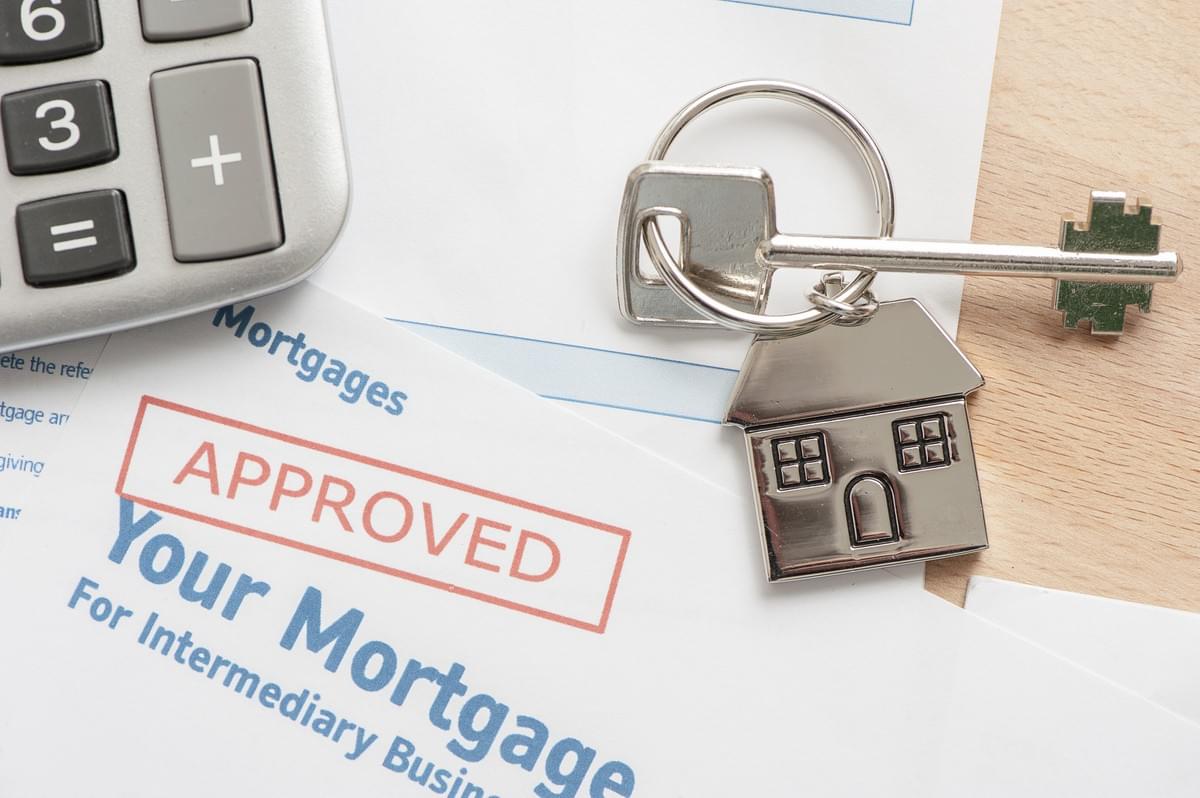
If you're planning to buy a home but have less-than-perfect credit, you can start by getting rid of old debt. A better credit score can lower your interest rate on a mortgage loan. A mortgage lender's risk assessment is based on your credit history, not just your income. They will look at your debt-to-income ratio (DTI) to determine if you can afford the monthly payment. The maximum DTI is 50%.
A mortgage loan is a loan given by a bank or other financial institution to purchase real estate. The property that is used as collateral for the loan is called the mortgage. If the borrower defaults on the loan, the lender may sell the property, resulting in foreclosure. This is also known as repossession. However, many mortgages are for a fixed or adjustable-rate period. You can also get a reverse mortgage, which is a reverse mortgage.
A mortgage loan has a set interest rate. The interest rate is stated in the mortgage note. This payment is a part of the principal balance. It decreases the balance due on the loan. Depending on the type of loan you have, you can choose between fixed or adjustable rates. The fixed-rate option is usually more flexible. You can choose a loan amount between $20,000 and $500,000. Choosing a mortgage with an adjustable rate allows you to take advantage of falling rates and manage rising balances.
A mortgage loan usually involves paying off the principal and interest charges over a long period. Each payment reflects the original loan amount. Over time, you'll pay down the principal and interest charges in equal amounts. But, if you default, you may have to make escrow payments to cover monthly costs. Those prepayments, as well as other fees, reduce the principal balance. If you're making payments on the principal, you'll also need to make a processing fee to cover administrative costs.
The principal and interest of a mortgage loan are typically paid back every month. The monthly payments comprise principal, which is the amount owed. The interest component is the cost of borrowing the principle for the month. While the principal is the total of the loan, the interest portion is the repayment of the loans. The adjustable-rate mortgage allows you to pay off the principal and interest in equal parts, which is essential for keeping the principal balance low. In the case of a prepayment penalty, you'll need to pay it back.
The interest and the principal balance of a mortgage loan will vary depending on how you've structured the loan. The interest and principal of a mortgage loan will be different. The interest is the charge for borrowing the money. The difference between the two amounts is the amount of the loan. The principal and interest balances of a mortgage loan are the same. If you make two separate payments for the same month, you'll pay more for interest than for principal.